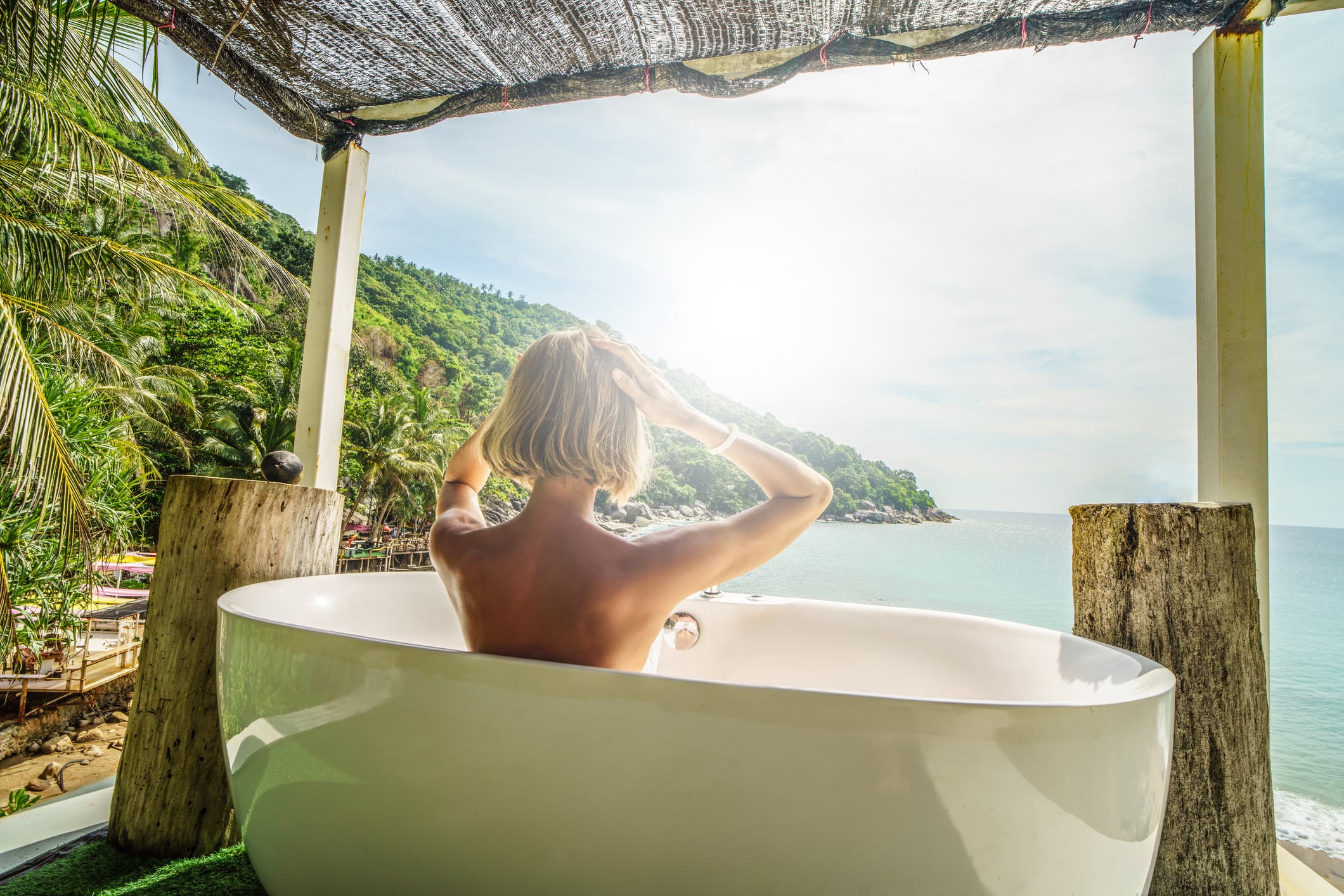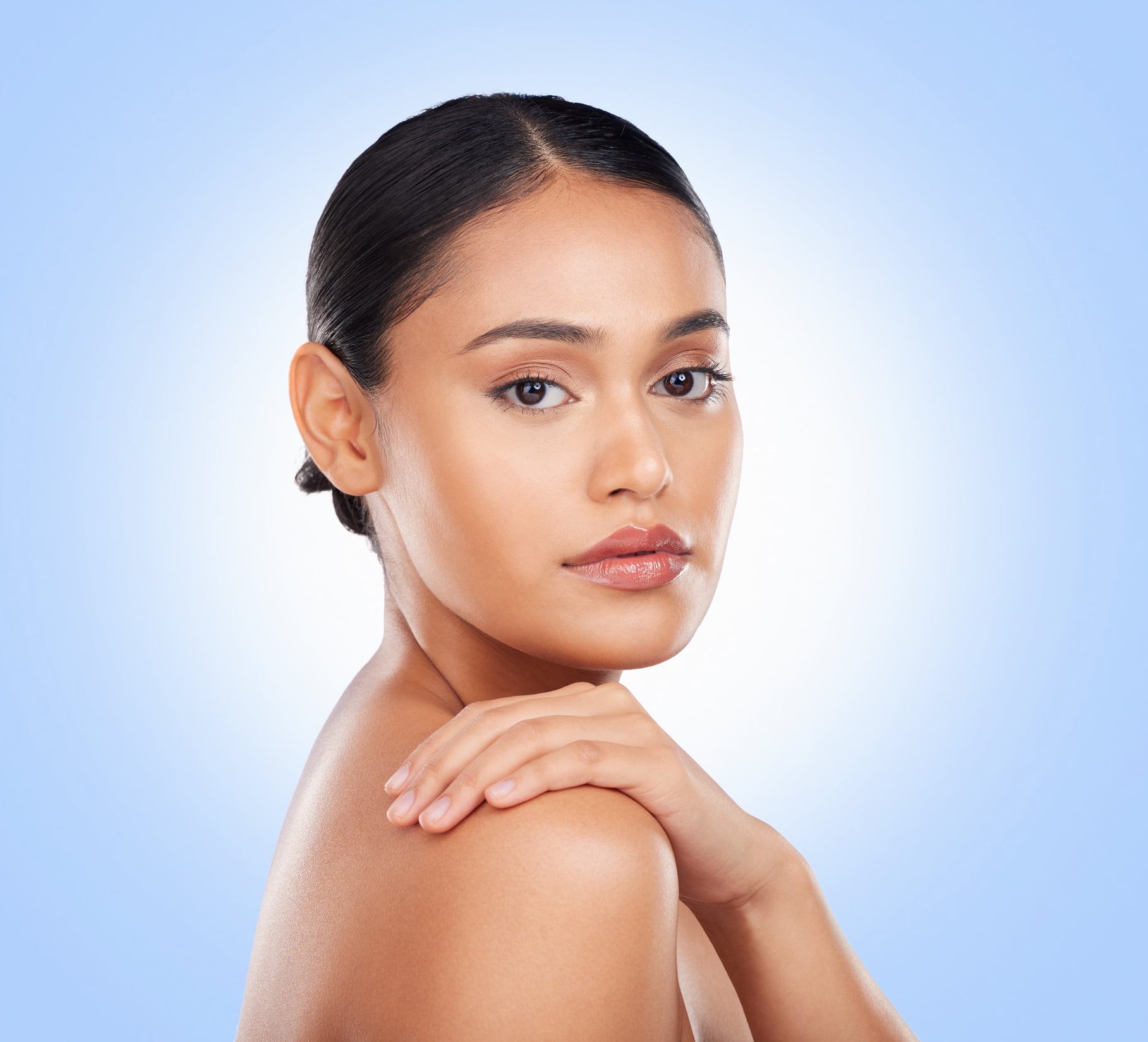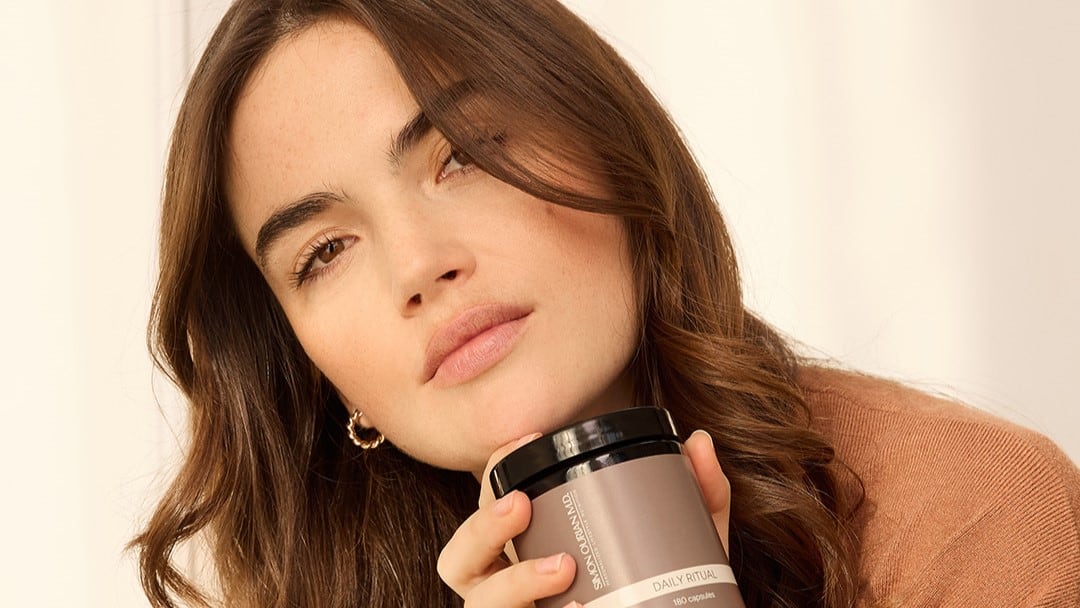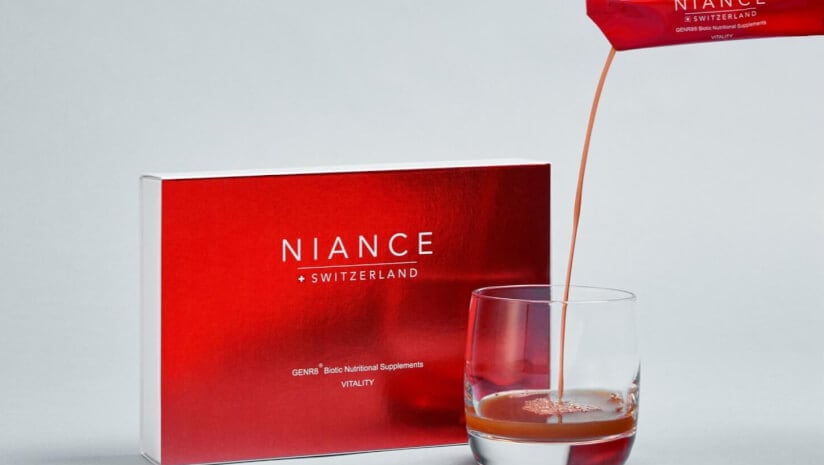The firms said that this change in the landscape is now “driving the convergence of beauty, health and hospitality under a new paradigm.”
According to director of strategic foresight at The Future Laboratory, Alex Hawkins, there has been a shift that has seen luxury consumers “seek products and experiences that meet deeper human needs and help them lead more fulfilling lives, instead of wanting material possessions that showcase luxury and wealth.”
Hawkins called this ‘transformational luxury’ and said it is “rooted in the ‘Transformation Economy’.”
The report also highlighted that this new approach can position luxury brands as “partners in life enhancement by offering consumers a suite of new tools to transform themselves and their lives.”
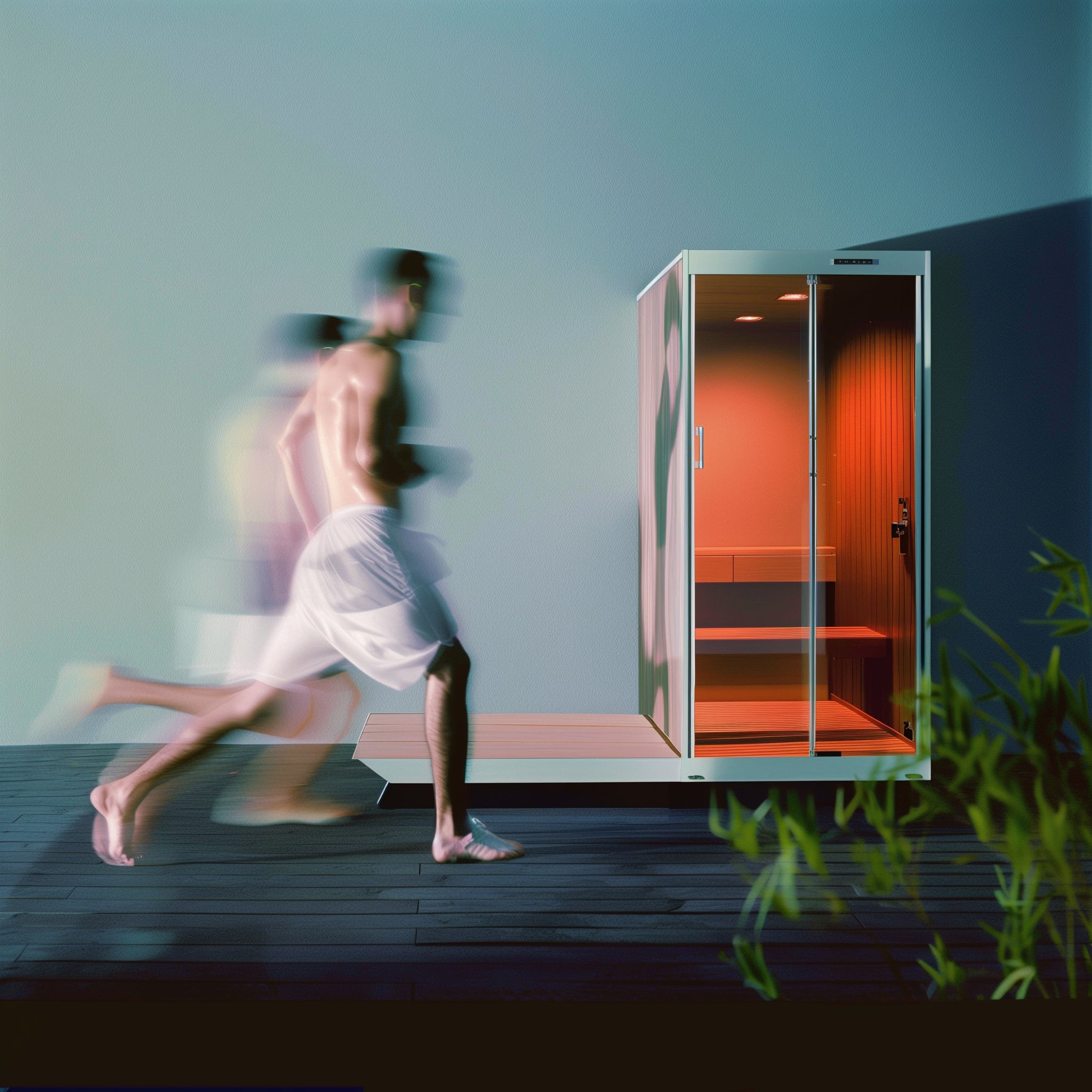
Longevity: the ultimate value proposition
As longevity and wellbeing become the ultimate value proposition, Hawkins said that “luxury brands across all sectors – including fashion, beauty, hospitality and property – must embrace this shift and reframe their offerings accordingly, as more people explore ways to optimise their health, extend their lifespan and boost their ‘healthspan’.
Concepts like wellness-focused spas or fine dining were once siloed into the beauty or food industries, but now this is all “evolving into more integrated and intentional frameworks that meet these expectations and differentiate luxury brands in a competitive landscape,” he said.
The vital role of science
One area that is key to this transformation of what is considered luxury is the role of science and evidence.
“No longer content with vague promises, luxury consumers are demanding measurable outcomes, scientific validation and transparency from the products and services they invest in,” Hawkins continued.
“This is transforming luxury into a sector increasingly marked by precision and innovation.”
In the report, The Future Laboratory said that trust in science has never been higher and highlighted a figure from the Edelman Trust Barometer: that 75% of people globally rank scientists as their most trusted source of information.
For beauty and wellness, co-founder of The Future Laboratory, Martin Raymond, said this laser-focus on science “equates to research, testing, proof points and facts that will foster understanding, trust and positive sentiment among audiences.”
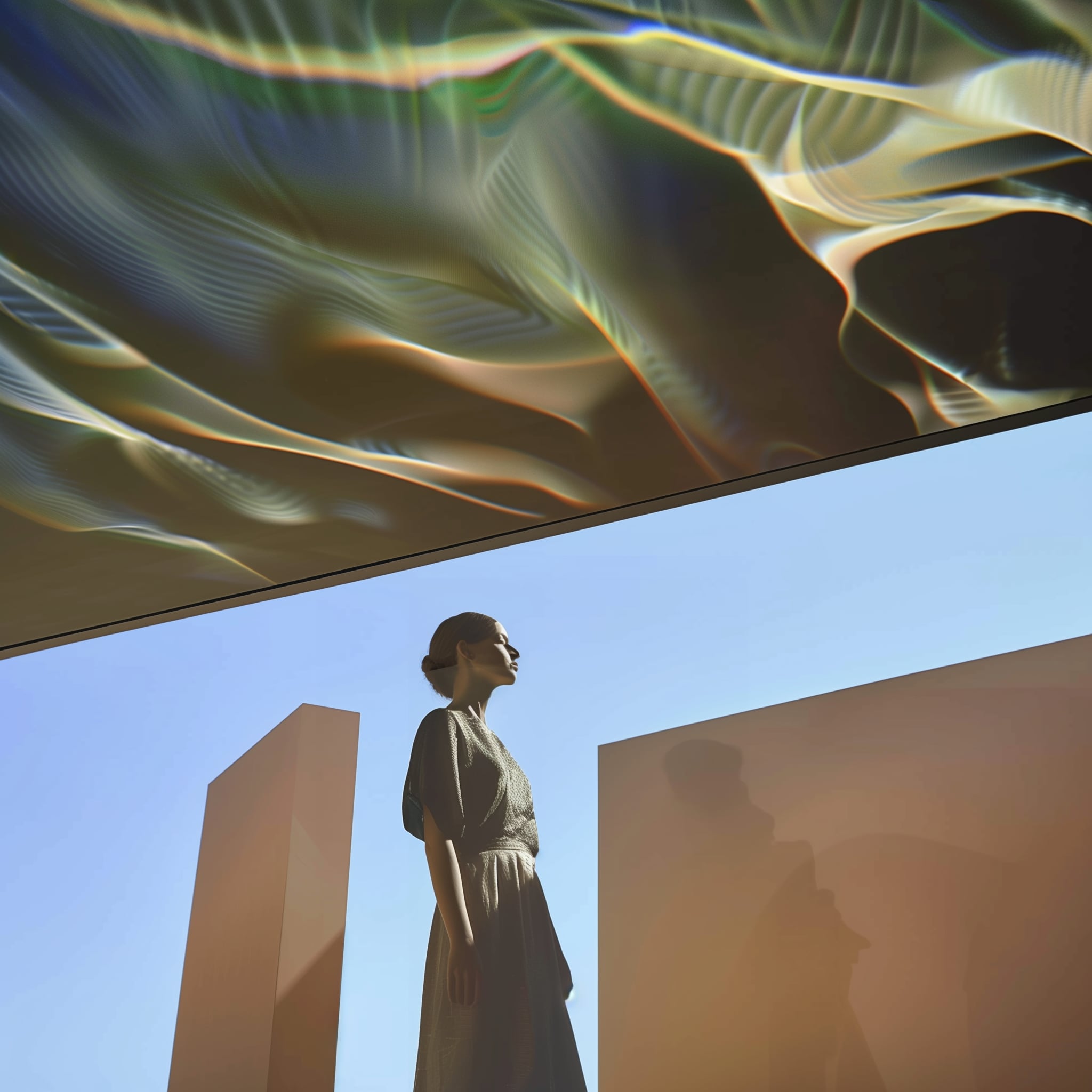
Intersection of beauty, health wellness, hospitality & luxury
Beauty, wellness, health, luxury and hospitality all intersect and savviness among consumers is now rising.
The Future Laboratory also draw attention to a statistic from Euromonitor International, which revealed that within the beauty industry, 50% of global consumers now define beauty as ‘looking healthy.’
Many beauty brands are observing these changes to the industry landscape.
“Our consumers have evolved more in the past three years than in the 30 years prior,’ says Stéphane Lannuzel, Beauty Tech programme director at L’Oréal.
Indeed, as the world’s biggest beauty company, L’Oréal had to stay ahead of the curve in this space. At the recent IMCAS conference in Paris, the French multinational shared more about its Longevity Integrative Science division with the global dermatology community, as well as details of its partnership with Swiss longevity company Timeline.
This focus on longevity sector is emerging as a new driver of luxury.
“For wealthy consumers, the desire to extend their lifespan and healthspan is now fuelling a blossoming market for precision health and life-extension services,” said Hawkins.
Considering that by 2050, one in three people will be over 60 years old (according to World Bank data), companies will need to start preparing for this demographic shift.
“Such an evolution signals a future where sector-agnostic collaboration will be essential to success as science sets a new benchmark for next-generation luxury consumers,” said Hawkins.
He noted that influential trends are now intersecting to create new paradigms for experiences, wellbeing and innovation.
“Together, these trends reveal opportunities for brands to collaborate and expand their offerings in ways that are meaningful to today’s luxury consumers – whether through immersive beauty eco-systems, hyper-personalised health models or spaces designed to nurture wellbeing,” he concluded.


